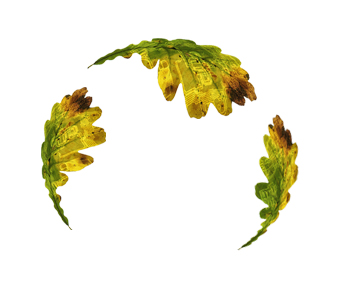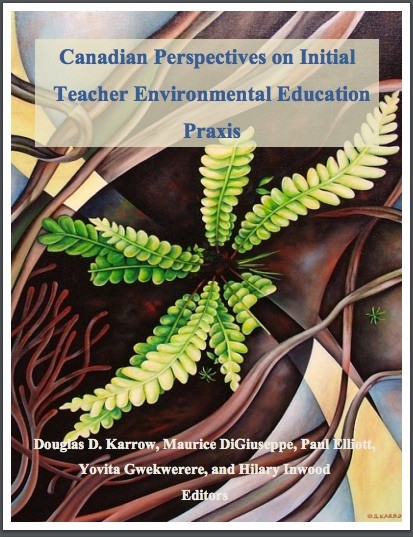Lots of compelling research is being done on ESE in Teacher Ed these days in Canada! A new publication entitled Canadian Perspectives on Initial Teacher Environmental Education Praxis by the Canadian Association of Teacher Education (CATE) in 2016 provides evidence of this. CATE is part of the Canadian Society for the Studies in Education; this is their first anthology of ESE research, and one of the first that shares studies by Canadian scholars in this field. Led by Doug Karrow (Brock) and Maurice DiGiuseppe (UOIT), it was co-edited by a team of faculty members from across Ontario, including Paul Elliott (TrentU), Hilary Inwood (OISE/UT), & Yovita Gwekwerere (Laurentian). With research from across the country, it builds on a study conducted by the CMEC in 2013 that tracked the status of ESD in faculties of education; this anthology provides new insights into how ESE & ESD are being theorized and implemented in pre-service education. For those who might like to read more, it can be accessed at http://cate-acfe.ca/
Monthly Archives: June 2018
Enhancing ESE in Teacher Ed through School board Partnerships
How can community partnerships enhance ESE in teacher education? OISE’s Dept. Of Curriculum, Teaching and Learning aims to find out. OISE is collaborating with the Toronto District School Board’s EcoSchools program to integrate preservice and inservice professional learning on ESE on a broad scale to explore the benefits of bringing novice and experienced teachers together. This is not a completely new idea, as Faculties of Ed often lead workshops for teachers, and teachers model ESE for teacher candidates during practicum. What makes this collaboration innovative is its scale and commitment. Unfolding over three years, this initiative involves a wide variety of workshops, talks, and experiential events; an annual conference and Ecofair; practicum placements; an Action Research team; and intensive summer courses. It aims to support learning in a range of ESE traditions, including nature-based learning, place-based ed ,eco-justice ed, as well as include a strong presence of Indigenous ways of knowing. A 3 year research study will investigate the experiences of experiences of all of the participants. This ambitious project may demonstrate new ways for school boards and Faculties of Ed to collaborate on meaningful, impactful approaches to ESE moving forward.


